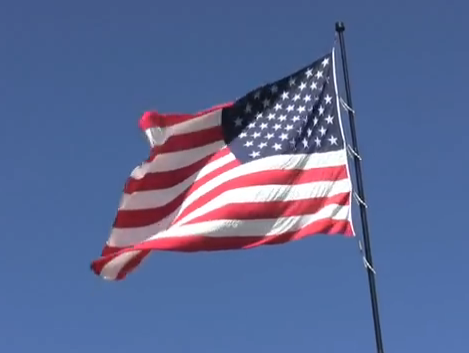Legal
UBS Agrees To Pay $19.5 Million In Resolution Of Structured Notes Case In US

The Swiss bank has reached a settlement in the US over its role as an issuer of complex financial instruments called structured notes.
UBS has agreed to pay $19.5 million to resolve charges arising from misstatements and omissions in its role as an issuer of structured notes, according to a statement from the US Securities and Exchange Commission yesterday.
The settlement was a result of a change in investment strategy at UBS Willow Fund, a closed-end fund the UBS units advised, amid the 2008 financial crisis, media reports said. (The SEC statement did not refer to the Willow Fund.)
The SEC said that in setting the financial size of the settlement, it took account of "substantial cooperation afforded its staff and certain remedial measures UBS implemented voluntarily".
“The case is the agency’s first involving misstatements and
omissions by an issuer of structured notes, a complex financial
product that typically consists of a debt security with a
derivative tied to the performance of other securities,
commodities, currencies, or proprietary indices. The return
on the structured note is linked to the performance of the
derivative over the life of the note. Between $40 billion to $50
billion of structure notes are registered with the SEC per year,
with many of those notes sold to relatively unsophisticated
retail investors,” the SEC said.
UBS agreed to settle the SEC’s charges that it misled US
investors in structured notes tied to the V10 Currency Index with
Volatility Cap by falsely stating that the investment relied on a
“transparent” and “systematic” currency trading strategy using
“market prices” to calculate the financial instruments underlying
the index, when undisclosed hedging trades by UBS reduced the
index price by about five per cent, the SEC continued.
“This first-of-its-kind case involving misstatements and
omissions by a structured notes issuer shows that the SEC
continues its commitment to pursue wrongdoing across the
securities industry in order to better protect investors,” the
SEC's chair, Mary Jo White, said.
Explaining the case, the SEC said that UBS perceived that
investors looking to diversify their portfolios in the wake of
the financial crisis were attracted to structured products so
long as the underlying trading strategy was transparent. In
registered offerings of the notes in the US, UBS depicted the V10
Currency Index as “transparent” and “systematic.” Between
December 2009 and November 2010 approximately 1,900 US investors
bought approximately $190 million of structured notes linked to
the V10 index.
“UBS lacked an effective policy, procedure, or process to make
the individuals with primary responsibility for drafting,
reviewing and revising the offering documents for the structured
notes in the US aware that UBS employees in Switzerland were
engaging in hedging practices that had or could have a negative
impact on the price inputs used to calculate the V10 index,” it
said.
